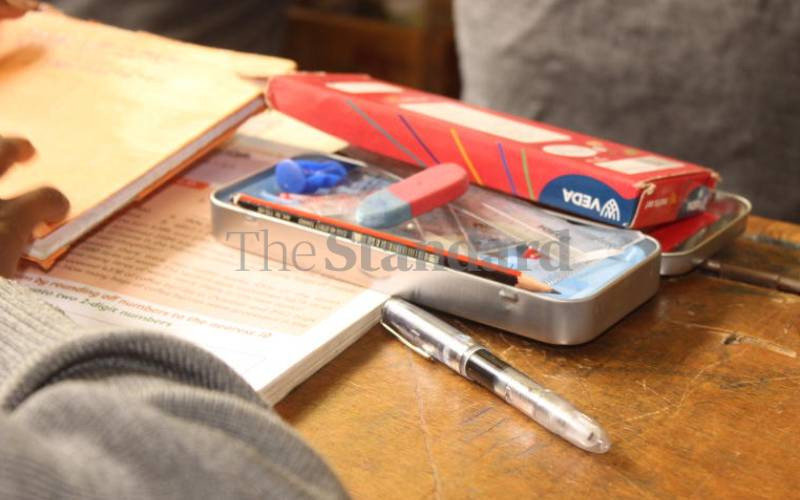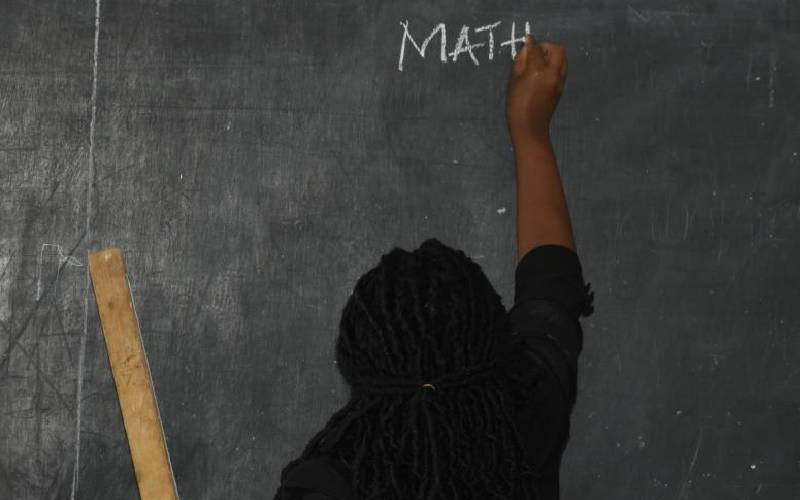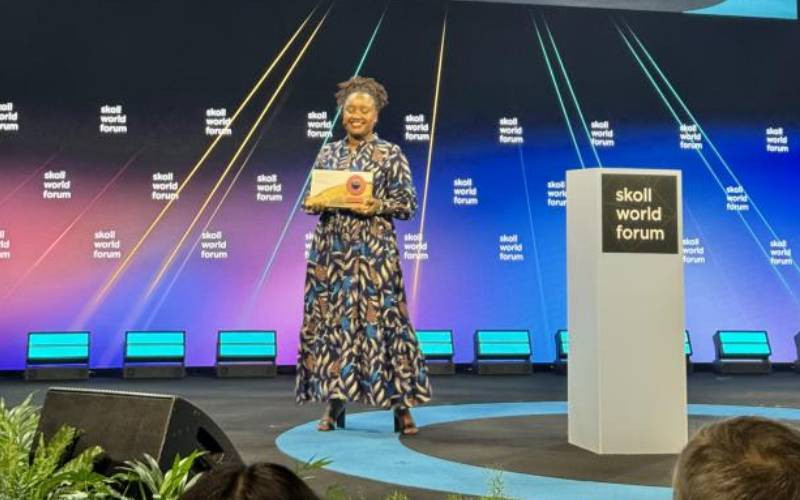The findings of the study on child literacy are as eye opening as they are shocking and should make education stakeholders to pay attention.
That a child can complete primary school without being able to read or even solve a simple mathematical sum meant for Standard Two is perplexing.
The study released at the Kenya Institute of Education on Thursday is an indictment of our primary education in general and the Free Primary Education programme in particular.
With the report, the architects of FPE, considered one of the success stories of President Kibaki Government and a world model, should go back to the drawing board.
The core message in the report is that increase in enrolment levels does not necessarily translate into an increase in knowledge levels or the quality of education.
The report shows clearly that school-going children are not able to do what they should be doing at their level in terms of literacy and numeracy.
This is true in a learning environment where there are limited facilities, congestion in classrooms and a skewed teacher-pupil ratio.
In such scenarios, the few teachers concentrate only on making children pass exams rather than helping them actually learn.
Private schools
That the research points out children in private schools acquire skills better than their counterparts in public schools further indicts FPE.
These low performances at the primary level spill over to the secondary schools and affect performances at higher levels.
Parents, education scholars and teachers have called for a rethink of our education system. Only two weeks ago, Prime Minister Raila Odinga said the current education system had failed and needed an overhaul. It is thus critical that a thorough look at our education system be commissioned to identify the weaknesses and the loopholes.
The education system should shift its focus from rote-learning for examinations to learning where learners are trained to solve day-to-day life problems, for this should be the essence of education.
Emphasis should be laid on the quality of education and this can only be achieved through regular monitoring of what goes on in schools. The quality assurance team must be well trained and equipped to keep teachers on their toes.
The Government must address the perennial teacher shortfall that has led to some teachers handling classes of 60-80 pupils.
Stay informed. Subscribe to our newsletter
The researchers also pointed out that despite the availability of universal primary education, five out of 100 of all children aged six to16 years still don’t attend any school.
This was blamed on unpredictable reception of free primary education funds and timeliness of the fund, especially in the marginalised regions.
The Government must thus ensure consistent funding for the education sector.
But it is not all grim in the report. It is encouraging that arid districts are the leading in pre-primary enrolment despite disparities in the enrolment.
Sorry state
Another factor, which is contributing to the sorry state of education, is lack of professionalism and slow pace by policymakers to change with the times.
And to address issues of equity, equality and accessibility, there is need to closely follow up on performance at every stage to ensure consistent acquisition of both skills and knowledge, especially at the early stages of schooling.
More also needs to be done in nurturing children at their primary stages because this is the stage where issues of enrolment, retention, dropout and competence take shape.
Parents and teachers can solve this problem by working more closely with children to establish their weaknesses and solve them early.
A stitch in time saves nine and therefore the State and other stakeholders should take heed.
 The Standard Group Plc is a
multi-media organization with investments in media platforms spanning newspaper
print operations, television, radio broadcasting, digital and online services. The
Standard Group is recognized as a leading multi-media house in Kenya with a key
influence in matters of national and international interest.
The Standard Group Plc is a
multi-media organization with investments in media platforms spanning newspaper
print operations, television, radio broadcasting, digital and online services. The
Standard Group is recognized as a leading multi-media house in Kenya with a key
influence in matters of national and international interest.
 The Standard Group Plc is a
multi-media organization with investments in media platforms spanning newspaper
print operations, television, radio broadcasting, digital and online services. The
Standard Group is recognized as a leading multi-media house in Kenya with a key
influence in matters of national and international interest.
The Standard Group Plc is a
multi-media organization with investments in media platforms spanning newspaper
print operations, television, radio broadcasting, digital and online services. The
Standard Group is recognized as a leading multi-media house in Kenya with a key
influence in matters of national and international interest.









